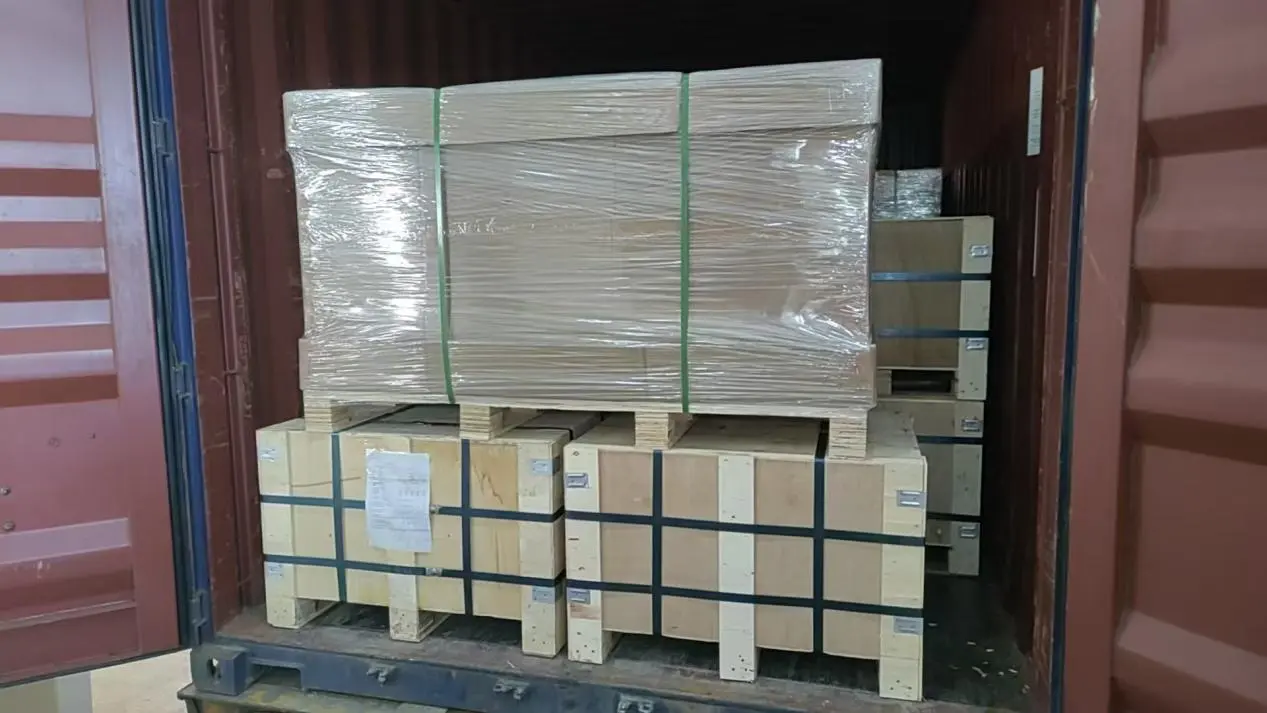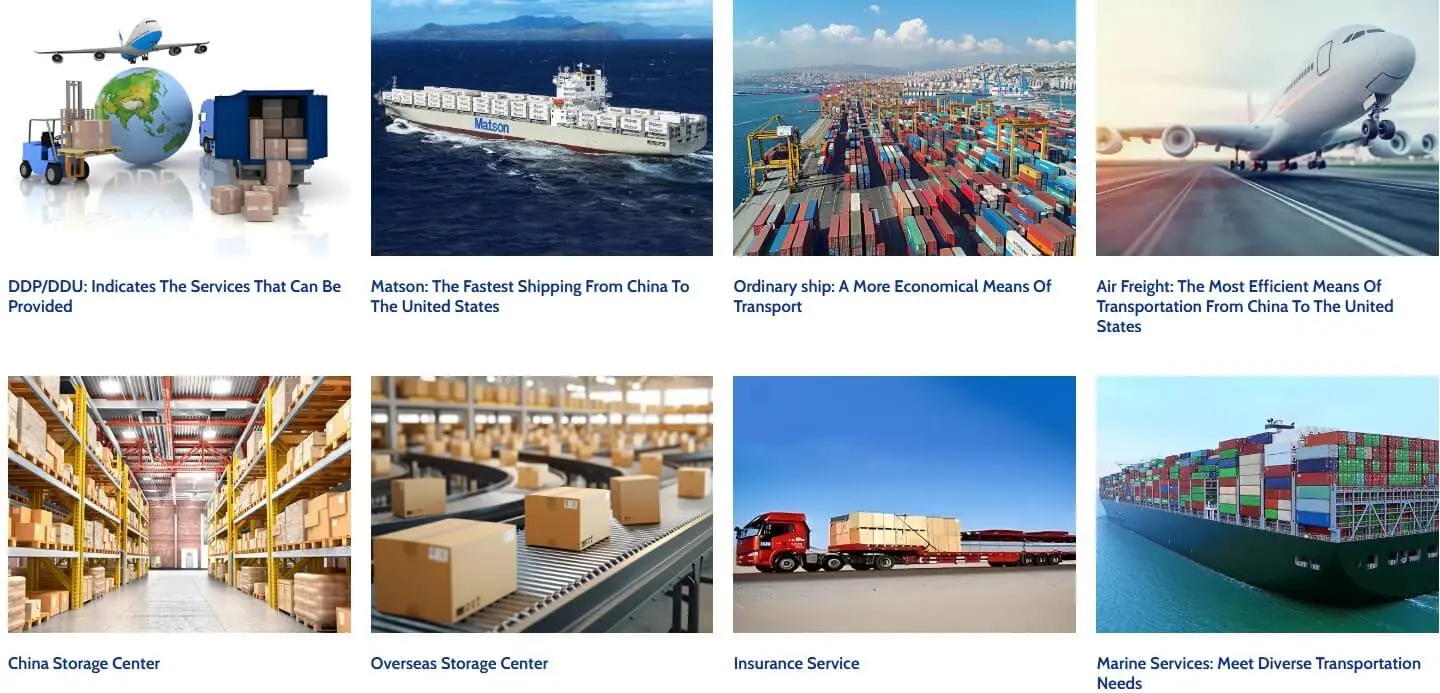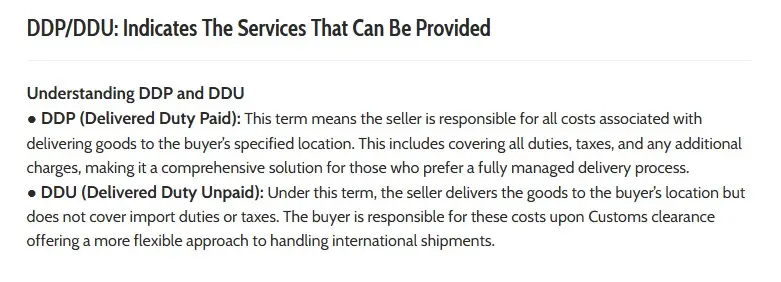Idled overseas container shipping hits record low: That could change under Trump
In recent months, a notable trend has emerged on the global nvocc shipping line: the number of idle overseas container ships has hit a record low. This development is due in large part to the recovery in global trade and the continued recovery from the devastation caused by the COVID-19 pandemic. In the first 10 months of 2024, idle ship levels are lower than they were at the height of the coronavirus crisis. With the global economic recovery, the demand for goods has surged, resulting in a significant increase in international Shipping Co activity. That could change politically as Donald Trump prepares to take office again.
The fleet size has increased from 23.7 million TEUs in 2020 to 30.6 million TEUs over the four-year period, an increase of nearly 30% in capacity. Despite a surge of about 30 per cent in fleet capacity to record levels, an average of 0.7 per cent of the global container fleet was commercially idle between January and October.
The political situation could have a profound impact on international trade. With Trump back in office, there are concerns that potential changes in trade policy, tariffs and regulation could derail the current momentum. Britain is known for its protectionist stance, which could lead to increased tensions with trading partners and lead to a reassessment of existing trade agreements. These changes could create uncertainty for the shipping industry, which could lead to fluctuating demand and a renewed increase in idled container ships.
While the number of idle container ships is currently at a record low, reflecting the booming shipping industry, the future remains uncertain. With Trump in office, things are likely to change dramatically, and stakeholders in the shipping industry need to remain vigilant and adapt to the changing global trade landscape.



















